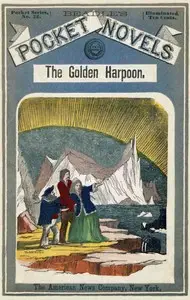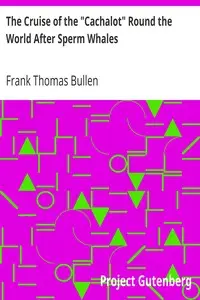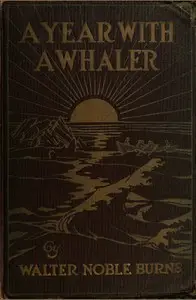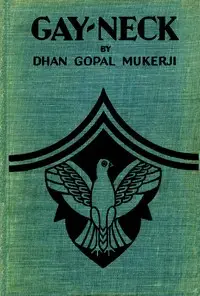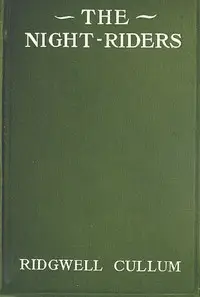"Moby Dick; Or, The Whale" by Herman Melville is a tale set in the 1800s about a sailor named Ishmael who yearns to escape his unhappy life by going on a whaling trip. He soon finds himself wrapped up in the tough world of whale hunting and meets the dark Captain Ahab, whose need to catch a famous white whale becomes the main focus of the story. Ishmael starts by telling his own story and talking about how the sea helps with his sadness. He thinks a lot about how the ocean calls to people, explaining that he and many others who live in cities really want to be on the water. Ishmael's travels lead him to New Bedford, where he has funny and odd experiences looking for a place to stay before joining a whaling ship. While exploring the town, he meets Queequeg, a harpooner covered in tattoos with a mysterious history, starting an unusual friendship that grows as they face whaling adventures together.

Moby Dick; Or, The Whale
By Herman Melville
Driven by obsession and the allure of the sea, a sailor's quest to escape his melancholy existence intertwines with a captain's hunt for a legendary whale, forging an unlikely friendship amidst the perils of the deep.
Summary
About the AuthorHerman Melville was an American novelist, short story writer, and poet of the American Renaissance period. Among his best-known works are Moby-Dick (1851); Typee (1846), a romanticized account of his experiences in Polynesia; and Billy Budd, Sailor, a posthumously published novella. At the time of his death Melville was not well known to the public, but 1919, the centennial of his birth, was the starting point of a Melville revival. Moby-Dick eventually would be considered one of the great American novels.
Herman Melville was an American novelist, short story writer, and poet of the American Renaissance period. Among his best-known works are Moby-Dick (1851); Typee (1846), a romanticized account of his experiences in Polynesia; and Billy Budd, Sailor, a posthumously published novella. At the time of his death Melville was not well known to the public, but 1919, the centennial of his birth, was the starting point of a Melville revival. Moby-Dick eventually would be considered one of the great American novels.



